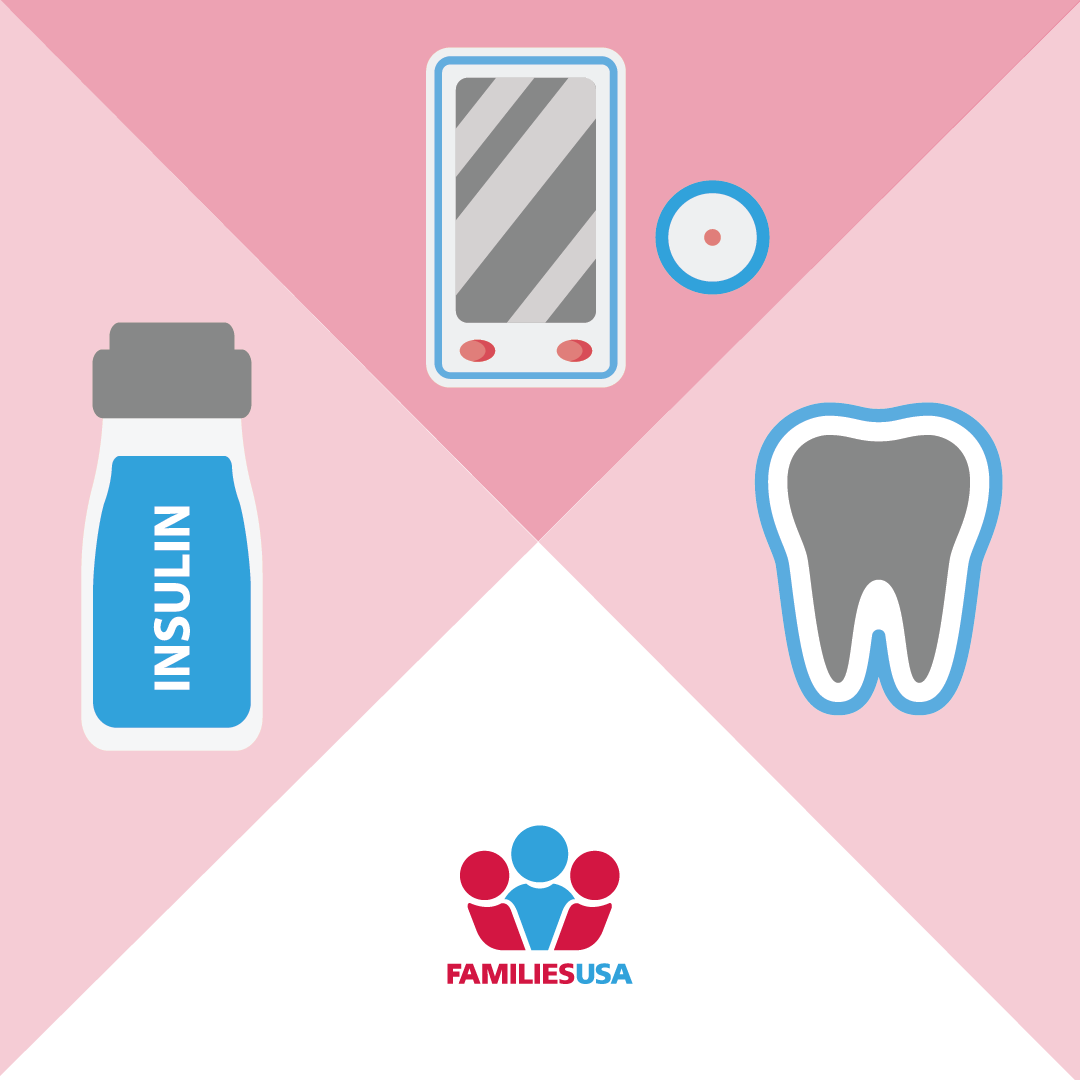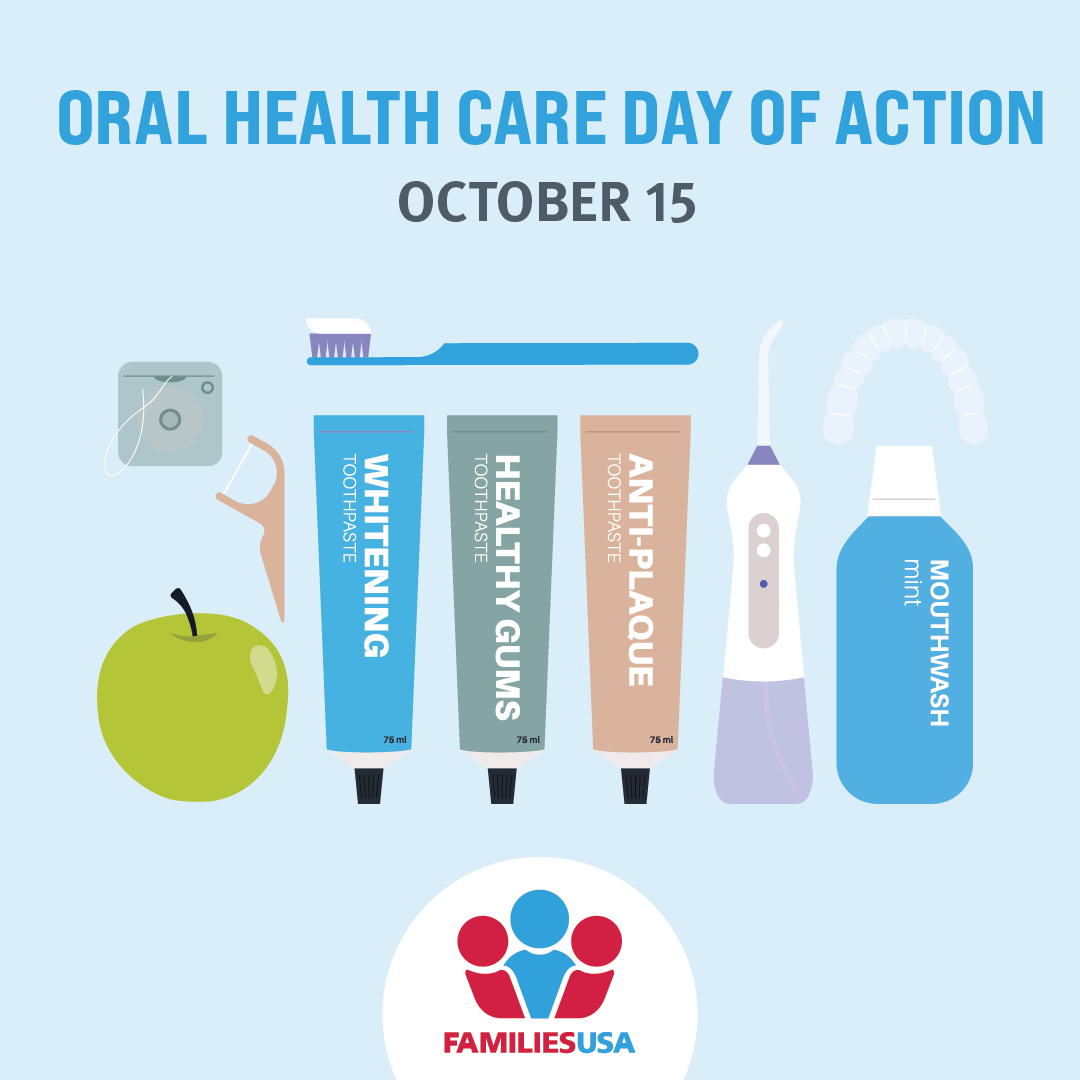
Common-Sense Legislation Would Extend Funding for CHIP
02.12.2015
Earlier today, Senators Sherrod Brown (D-OH), Ron Wyden (D-OR), Bob Casey (D-PA) and Debbie Stabenow (D-MI) along with Representatives Gene Green (D-TX) and Frank Pallone (D-NJ) introduced legislation to extend funding for the highly successful Children’s Health Insurance Program (CHIP) for four years. These bills do not add any new bells or whistles to the program; they simply extend funding to ensure that children do not lose coverage. Congress must pass this legislation quickly to ensure that states can plan their budgets appropriately and avoid disruptions or confusion for families relying on CHIP for their children’s health insurance.
Established in 1997 via a bipartisan agreement, CHIP covers more than 8 million children from low- and middle-income families. The evidence of CHIP’s benefits to children’s health is well documented and the program is highly regarded by lawmakers on both sides of the aisle. Unless Congress acts soon, funding for the program will expire on September 30, 2015—putting millions of children at risk of losing their health coverage.
Maintain key program improvements
Both the Senate bill and House bill call for extending CHIP funding so that it matches the program’s authorization (CHIP is authorized through 2019). It would also ensure that some of the critical improvements Congress enacted just a few years ago, when CHIP was reauthorized, are maintained.
These program improvements have been working well: More children are enrolled and they are getting access to high-quality, comprehensive care. Some of these improvements include:
Income limits for Medicaid and CHIP
Legislation in 2010 ensured that eligibility for CHIP is based on income rather than age, so that children in the same family will be enrolled in the same program (instead of having an older child in CHIP and a younger child in Medicaid), or having a child “age into” CHIP from Medicaid, even when their family income has not changed. This makes sense for families because it reduces red tape and unnecessary complications related to health insurance.
Incentives to states to enroll more children
For the first time ever, Congress included significant funding for outreach to find and enroll eligible children who were still uninsured. This outreach funding sparked creative campaigns across the nation that increased enrollment among eligible children. Moreover, it also provided financial incentives to states to enact policies proven to make it easier for families to apply for and renew their children’s CHIP coverage. These incentives, combined with funding for outreach, have helped the United States achieve the milestone where 93 percent of children have health insurance.
Coordinated applications to reduce administrative hassle for families and states
In recent years, there have been efforts to increase outreach efforts and streamline enrollment processes in CHIP—these activities help increase the enrollment of children in good health coverage. States have the option to use administrative data from other programs such as the Supplemental Nutrition Assistance Program (SNAP), Head Start, School Lunch, etc. to determine if children are eligible for CHIP and other health coverage programs.
One key tool that helps accomplish this is the Express Lane Eligibility (ELE) option. ELE allows states to use up-to-date information they already have about families to streamline and simplify the application and renewal process for CHIP. This makes sense for states and for families.
A minimum dental benefit for children
One of the country’s most persistent health access problems pertains to dental care. A large body of research has shown that oral health care is a critical component of a child’s overall health and well-being. In 2009, Congress improved the CHIP program to ensure that all states provide dental coverage in their CHIP programs and that the dental benefit cover all necessary preventive, restorative, and emergency services.
Access for legal immigrant children
Known as ICHIA, the Legal Immigrant Children’s Health Improvement Act gives states the option to provide health insurance to legally residing immigrant children and pregnant women. This provision gives states the flexibility to extend coverage to legal immigrant children who could benefit enormously from having access to health coverage. However, it is a state option, not a federal requirement. This option does not allow undocumented immigrants to enroll in CHIP, or Medicaid, or receive premium tax credits in the health insurance marketplaces. To date, 28 states and the District of Columbia provide Medicaid or CHIP coverage to lawfully residing children, and some states allow lawfully residing pregnant women to enroll in Medicaid or CHIP. This important provision ensures that all children legally residing in the U.S. have access to the basic care they need to grow up healthy.
Improving language access
Language access is critical to health care—if consumers and providers are not able to communicate with each other effectively, consumers who have limited English proficiency may not get the right care at the right time. Furthermore, improving language access in health care settings has been shown to reduce health disparities and unequitable health care treatment. And when it comes to care for children, it is particularly important that parents are able to communicate with doctors and understand what they are being told about their children’s health and treatment. Since 2009, CHIP has included dedicated funding for states to provide interpretation and translation services that are in health care settings.
Conclusion
Congress has choices to make about whether to extend funding for CHIP to ensure continuity in children’s health coverage and continue the progress we’ve made as a nation in improving children’s access to high quality, affordable health care. CHIP has been a key driver of that progress for the last 18 years. Congress should build on CHIP’s success by extending its funding in its current form, through its authorization period, rather than undermine the good that has been achieved for children.




